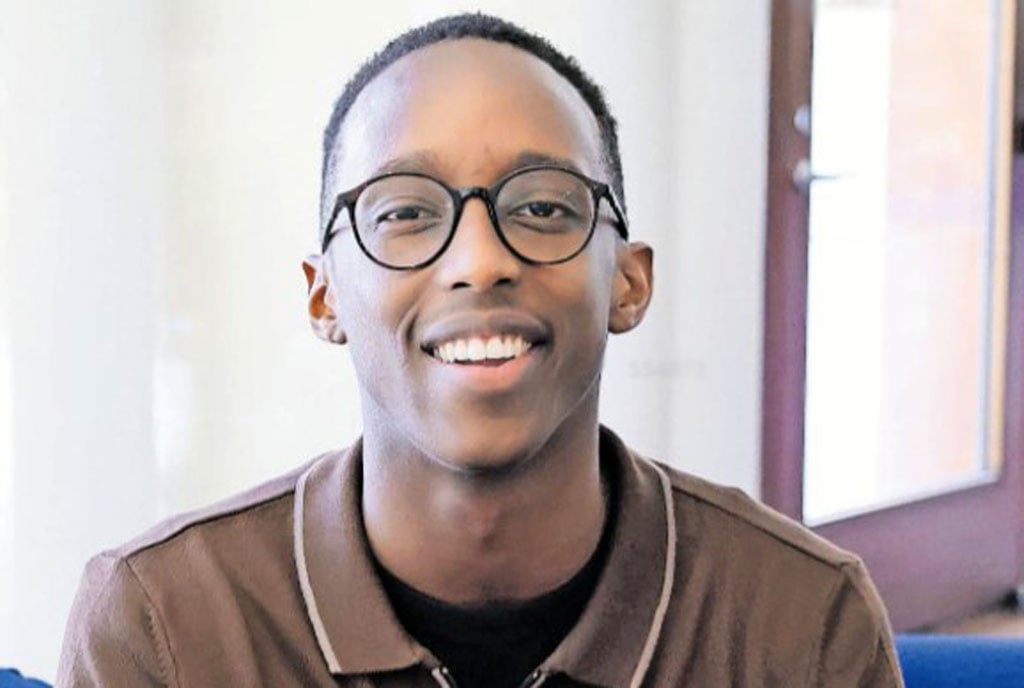Prime
‘Security starts with you’

Assistant Inspector General of Police Abbas Byakagaba
Seven days ago, on July 11, terrorists since linked to the Islamist al-Shabaab militants of Somalia, detonated bombs at Kyadondo Rugby Grounds and Ethiopian Village Restaurant in Kampala killing more than 76 people. Risdel Kasasira got a moment with Assistant Inspector General of Police Abbas Byakagaba, the Force’s counter-terrrorism kingpin. Read on:
We notice that some arrests have been made just days after the bomb blasts. Some people are curious about the speed with which these arrests were made …
Do you want us to be slow on arrests? Do you want us to be slow on terrorists? Our speed on terrorists is and will always be maximum. Those we have arrested are suspects and we are going to move very fast on [any] leads we have. I think everybody agrees that that should be the norm in dealing with such a situation.
Comment on the reports that security agencies were aware that terrorists were planning to strike but you chose not to alert the public?
We have always alerted people. We have never stopped alerting people about the terror threats we face in Uganda and regionally. Whether you are alerted or not, you must take precaution as an individual. I remember even on the fateful day, I went and met Utoda (Uganda Taxi Drivers Owners and Drivers Association) in Katwe to tell them to be always alert. Efforts to sensitise people have been going on throughout the country and we will continue reminding people about these threats. But all Ugandans should know that security starts with the individual who must protect themselves by being conscious. Total success cannot be achieved by us alone. How many soldiers or policemen would be deployed to guard every Ugandan? It’s impossible. One thing I can assure the country is that we are not sleeping. We have told Ugandans and we will continue telling them about these threats.
Going by the reported diverse nationality of the suspects currently in custody, can we safely restrict the blame for this attack on al-Shabaab excluding any other group?
People are free to speculate. But I have not heard any official statement talking about the nationality of suspects. I have not had time to find out the nationality of these suspects.
Is it possible that inter-agency rivalry amongst Uganda’s multiple security organs could have compromised information sharing and thus led to a break-down in communication?
I have not detected any inter-agency rivalry. We instead have inter-agency cooperation. I would want people to get this because what I’m saying is the truth. If anything, we are the envy of very many countries. If you want inter-agency cooperation in the fight against terrorism, come to Uganda. Inter-agency cooperation is our strength. I don’t know where those speculations are coming from. It’s not only untrue but it’s a disservice to our security agencies and the country. It would be unfortunate if that rivalry was there. But I can say this with confidence; that it’s not there at all. But why should there be rivalry when everyone knows what they are supposed to do?
What feasible steps have been, or can be taken to reduce the vulnerability of a Uganda which observers suggest is facing more attacks?
What I can tell this country is that we have security measures at the border posts and inside the country to avert these threats. I have heard suggestions that we should stop people coming into the country. But people coming into your country is a very positive thing. And the majority of the visitors respect the law. Our work together with other concerned agencies is to safeguard our country. What is important to us is how do we secure this country? There is a national apparatus, it includes security agencies, immigrations, and local leaders but above all, it includes Ugandans.
This brings me to fundamental questions of what we are basically doing to take full control. What have we done? And what are we going to do? To take full control, like I said earlier, it must start with individuals to first take charge of their own security. What am I saying? The security of an individual is inter-twined with security of the country. The way we live in society matters a lot because you can have CCTV cameras, a fence, guards but you can still be insecure if you are not bothered to know who your neighbours are and what they do.
We need to contextualise this whole concept because if you are living in a village, security must start with you, then it goes to the village, sub-county, county, district and the country. That’s the simplest thing you can do. At an individual level, you must first control your premises by knowing what items you have in the house. Don’t keep disused items like computers, radios, TV sets in your house or compound which can be used as shelter bombs.
You should also empty your dustbins regularly. Organise your environment because terrorists can take advantage of a disorganised environment. Living in an organised environment, you will be able detect strange items. Supervision of service personnel is very important because this business of calling people to come and work on damaged telephone lines, reconnecting power, and working on damaged TV sets inside your houses, must be checked. All this comes to controlling your premises.
We must always try to study what the terrorists’ targets are. They attacked Kyadondo because they wanted to make devastation by killing many people. Therefore, we must know that big crowds are more attractive to terrorists than individuals. We must be observant all the time. Try to know strange things around you.
Assuming this was a locally planned attack, who would be the prime suspect and why?
For us, we are still investigating. The al-Shabaab claimed [responsibility for the attacks] but the investigations are still going on. We shall arraign the culprits in court and have them prosecuted. However, the ADF (Allied Democratic Forces rebel that used to operate in southwestern Uganda but which was forced to flee in retreat to the DR Congo) works with al-Shabaab, which is linked to al-Qaeda, the global terrorist group. They have those networks.
Are you considering launching a blanket security operation in locations concentrated with members of the Somali community?
We can’t do that. We shall only carry out operations where there are suspects not communities. The attacks were carried out by terrorists not Somalis. Among any community, there are good and bad people. There is no way we can target communities. And who tells you that it’s Somalis who carried out the attack? If we do that, then we may also be causing terror.




